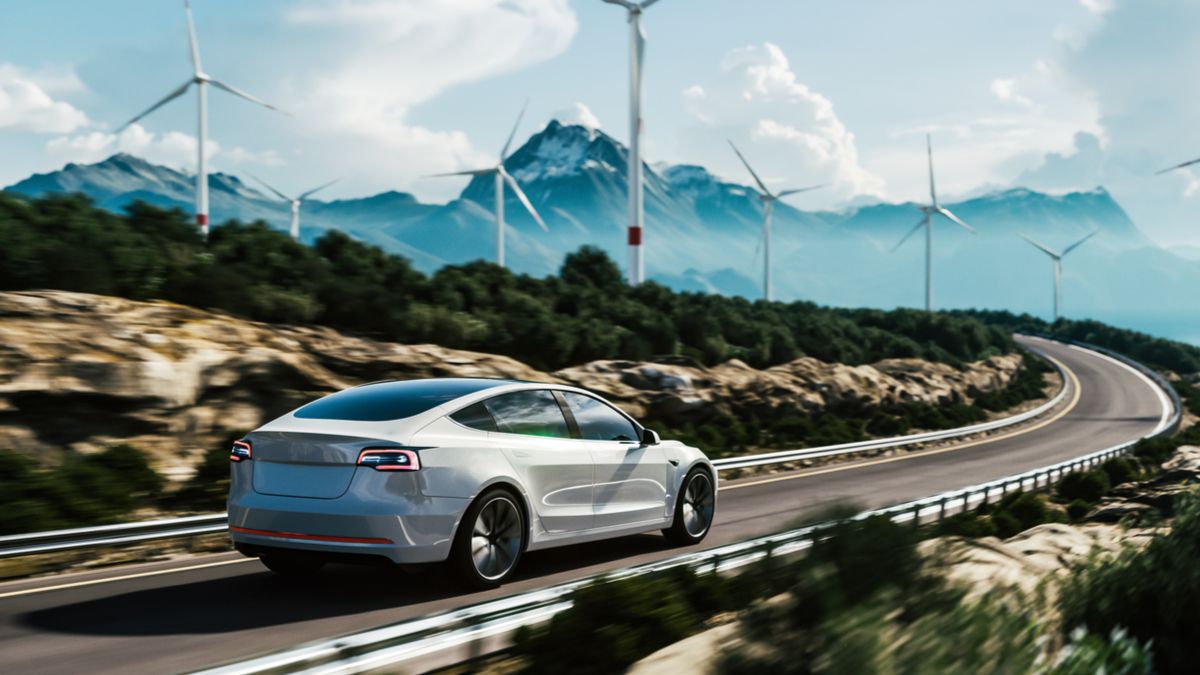Most people believe electric vehicles (EVs) are much more expensive than gas-powered cars. When EVs first hit the market, that was true, but the gap is narrowing. Here we'll dive into how much an EV will really cost you.
How Much Do EVs Actually Cost?
When shopping for an EV, the up-front purchase cost is the one most people think of. And electric cars do still have a higher cost at the time you buy them than gas vehicles, on average. In some cases, however, that cost difference can be mitigated somewhat by government incentives.
But the sticker price isn't the only expense to consider. Just as there are costs to owning a gas vehicle, like oil changes, regular maintenance, and filling up with fuel, there are lifetime costs to owning an EV. These include:
- The up-front cost of buying the vehicle
- Government incentives
- The cost of electricity
- The average cost of maintenance and repairs
- The cost of installing a home charging station
And more. When taken together, do these add up to more or less than owning a gas car? The answer is: it's complicated.
Up-Front Cost
Some electric vehicles are priced on par with luxury cars. A brand new Tesla Model 3 long-range model, for example, will set you back about $50K. But a 2022 Nissan Leaf costs around $28K, comparable to the price of a similar gas-powered sedan. So the up-front cost varies widely.
Some EVs also qualify for a tax credit from the federal government of up to $7,500, which can reduce the cost of buying one quite a bit if your vehicle qualifies for the maximum amount. Not all vehicles qualify for that rebate though, and it only applies to the first 200,000 vehicles a manufacturer sells --- car makers like Tesla and GM have already hit that mark.
Some state governments offer their own EV rebates, which could reduce costs even further should you qualify for both. New York's Drive Clean rebate, for example, can net you up to $2,000. Plug In America, an advocacy group for electric vehicles, has an interactive map you can use to see if you can get a rebate where you live.
Charging Cost
This is a tricky one to pin down, as it will depend on a few things. Whether you charge your vehicle at home or a public charging station (or both), whether the public charging stations you use are free or paid, what level of charging station you regularly use, and the price of electricity in your area all come into play when calculating an EV's average charging cost. Level 3 DC fast-charging stations, for example, are often more expensive than level 2 stations.
Those with the option of charging their vehicle at home can either plug it into a wall outlet (a level 1 charger) or install a level 2 charging station for faster at-home juice-ups. The cost of an at-home charging system ranges from $200 to over $1,000, with installation adding another $800-$1,300 in fees according to Edmunds. Installing a level 2 home charger has a high up-front cost but long-term benefit as well since you'll save money in time by relying less on paid public charging stations. That said, it's not something everyone can afford to do. At least, not yet.
Fuel Efficiency
How effective your EV is at using its stored energy will impact the range you're able to get on a charge, which will determine how much you have to pay on average for electricity. For example, if one EV gets 100 miles on 21kWh of energy and another EV has to use 33kWh of energy to go the same distance, the first vehicle is more efficient and therefore gets more out of every charge, reducing your long-term fueling costs.
Car and Driver magazine recently estimated the three-year cost of ownership of two gas vehicles against two electric versions of the same vehicle with mixed results. For some models, estimated fuel costs for the EV model were less. For others, it was cheaper to drive the gas version.
Maintenance Costs
Electric cars have fewer moving parts than gasoline vehicles, and therefore should cost less to maintain over their lifespan. There are no spark plugs to replace, for example, and no oil to change periodically. And that does seem to reduce the long-term cost of an EV's maintenance. An October 2021 report by analytics firm We Predict stated that while service costs are initially higher, after three years of ownership, an EV costs 31% less to maintain than a gasoline vehicle.
So What's the Total Cost of EV Ownership?
The bottom line appears to be that total costs vary, but the longer you own an EV, the more you save. EVs may be less expensive to own than gasoline vehicles, but they still usually require a higher up-front investment to buy. Rebates, less expensive models, and home charging can all make a big difference though, so it's recommended that you estimate not just the sticker price of that EV you have your eye on, but the long-term costs as well. You may decide that something like a plug-in hybrid and not a full electric vehicle would be best, depending on how you drive.

